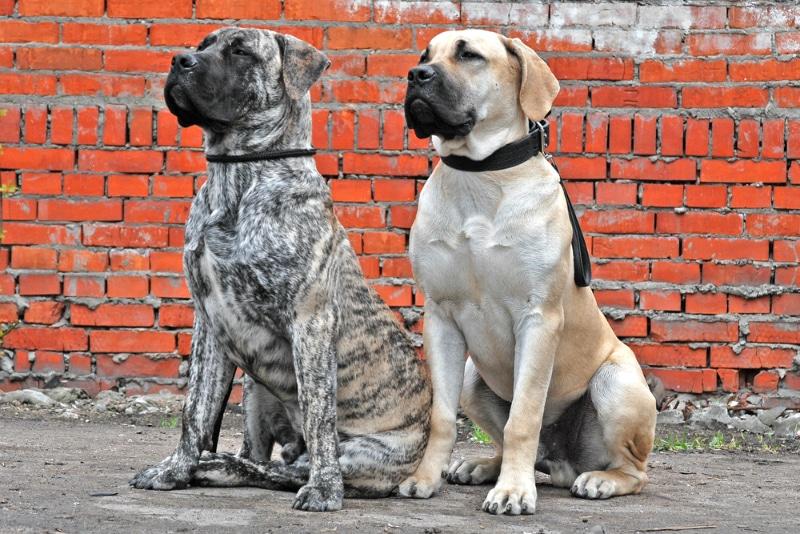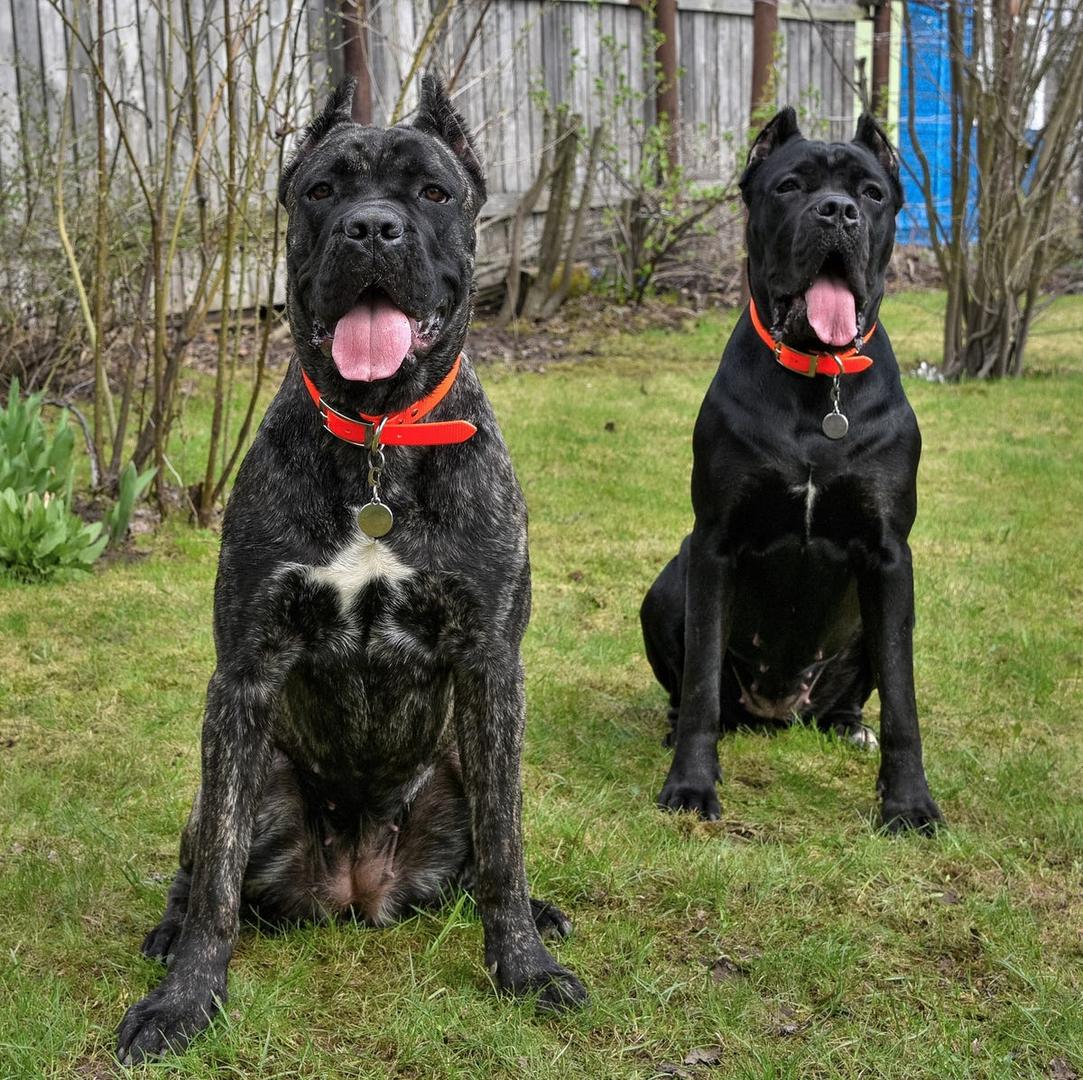Explore Our Bill Payment Services:

- Pet & Animals
- South Africa
How To Easily Train Your Local South African Dog (2025 Guide)
In South Africa, many people own local or mixed-breed dogs for security, companionship, or both. Whether you live in Soweto, Cape Town, Durban, Johannesburg, or a rural village, your dog can be smart, protective, and well-behaved— if you train it right.
You don’t need fancy equipment or expensive trainers. With some patience, consistency, and love, your local dog can become a loyal companion and reliable guard.
Why You Should Train Your Dog
Training your dog helps with:
✅ Good behaviour (no biting, no jumping on visitors)
✅ Better security for your home
✅ Peaceful living with children and neighbours
✅ Easier feeding, bathing, and health care
✅ A happier, more confident dog
Step-by-Step Guide to Training a Local Dog in South Africa
1. Start with Basic Obedience Commands
Local dogs (like the popular Africanis breed or township mixes) are intelligent and quick learners. Begin training when the pup is around 8 weeks old, but older dogs can also learn.
Start with easy commands:
-
"Sit"
-
"Stay"
-
"Come"
-
"No"
-
"Go home" (to enter their kennel)
Use treats or a favourite snack (like boerewors pieces) to reward your dog when it gets it right.
2. Use Local Language or Pidgin English
You can train your dog using whatever language you're comfortable with — English, isiZulu, isiXhosa, Afrikaans, Sesotho, etc.
For example:
-
“Hlala!” – Sit (Zulu)
-
“Vaya!” – Go
-
“Lalela!” – Listen
-
“Phuma!” – Get out
Just make sure to be consistent with your commands.
3. Reward Good Behaviour
Dogs love positive attention. Instead of punishing your dog, praise or reward it when it behaves well.
✅ Give small treats
✅ Say “Good boy!” or “Well done!”
✅ Rub or pat its head
🚫 Never beat your dog. It will make it fearful or aggressive.
4. Set a Daily Routine
Dogs love structure. Set feeding, walking, and training times every day:
🕒 Train twice daily for 10–15 minutes
🍲 Feed at the same time every day
🚶 Take regular walks or let the dog run in your yard
Consistency = faster learning!
5. Socialise the Dog
Local dogs can become aggressive if not exposed to people. Help your dog stay friendly by:
-
Letting it meet neighbours and visitors (under control)
-
Introducing it to children
-
Letting it see other dogs (to reduce fighting)
A good guard dog knows how to tell the difference between friend and stranger.
6. Train for Home Security
South Africans often rely on dogs for home protection. Here’s how to prepare yours:
-
Tie it near the gate during the day to observe activity
-
Release it at night if your yard is fenced
-
Use phrases like “Who’s there?” or “Bite!” during mock drills
-
Reward it when it barks at unusual movement
Never make your dog too aggressive — it must listen to your commands at all times.
7. Use Affordable Training Tools
You don’t need expensive gadgets. Use what’s around you:
-
Rope or leash for walking
-
Treats like meat scraps or biscuits
-
Sticks or toys for commands
-
Water bottles or tin cans for noise training
Common Mistakes to Avoid
🚫 Don’t change commands too often
🚫 Don’t punish harshly for small mistakes
🚫 Don’t keep the dog chained 24/7
🚫 Don’t skip vet checkups or vaccinations
🚫 Don’t overfeed unhealthy scraps (like bones or spoiled food)
Bonus Tricks You Can Teach
Once your local dog masters the basics, try these:
-
"Shake paw"
-
"Go to sleep"
-
"Jump"
-
"Bring it" (fetch objects)
This keeps your dog mentally active and sharp.
Health & Hygiene Tips for SA Dogs
To keep your dog strong and alert:
✔️ Deworm every 3–4 months
✔️ Vaccinate against rabies and canine distemper
✔️ Use tick and flea protection
✔️ Bathe weekly using dog-safe soap
✔️ Feed a healthy mix of meat, maize meal, rice, or dog food
Visit local animal welfare clinics or SPCAs for affordable pet care services.
Final Thoughts
Your local South African dog has the potential to be a disciplined, protective, and loving companion. With regular training, good food, and kindness, even a township or rescue dog can become a hero in your home.
Remember: It’s not about the breed — it’s about how you train and treat your dog.







